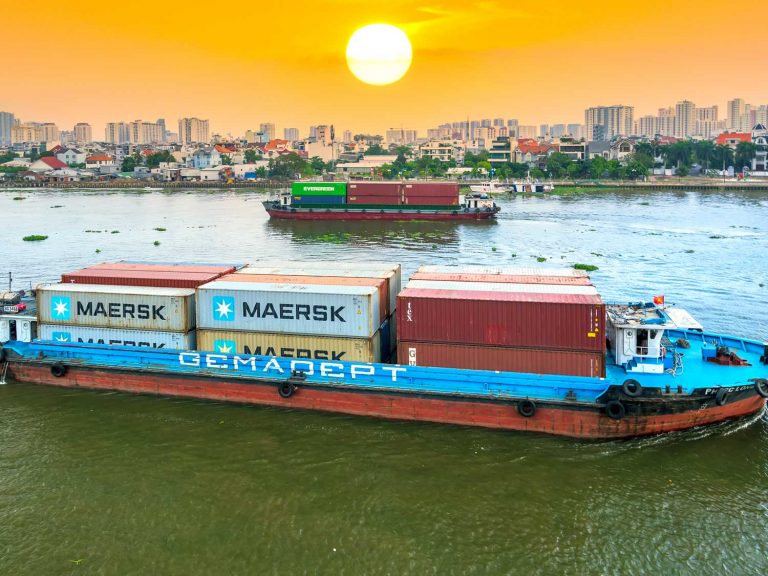
Date:
Container ocean freight update; another week in sea freight
Sea freight spot rates have surged further on the trans-Atlantic trade and routes ex-Asia, as a month of port restrictions, congestion and disruption across south China ports diminishes container shipping’s already severe global capacity and equipment shortages.
Shortages of space and equipment continue, as market demand exceeds supply and rates keep climbing, with blank sailings in June and July compounding the issue. Challenges continue in almost every trade lane, regardless of the continent to which they are destined.
Carriers already have a massive backlog, due to recent disruption and port congestion, which is why they are not able to accommodate their current booking requirements. The issues at Yantian and surrounding ports have created even more disruption, with the resulting omissions and diversions to alternative ports adding to the carriers problems, as they try to rectify their schedules and improve reliability and predictability of container movements.
And following a significant round of general rate increases (GRI) on the 15th June by many shipping lines, there is every expectation that rates will go up further imminently, with Maersk confirming last week that the availability of empty containers in southern China was a mounting problem.
In a customer’s advisory the Danish carrier highlighted the need for shipper flexibility in selecting equipment. “We see 40’ GP and 40’ HC empty supply is negatively impacted with massive vessel delays and omissions in Yantian and Shekou. Customers are encouraged to amend to 20’ GP as an alternative in Yantian and Shekou.”
Maersk added a note of caution on the reopening of Yantian: “Productivity is gradually set to increase as more workers return and more berths reopen, but the damage has already been done. The current estimated wait is over a fortnight, causing many carriers to divert vessels to other ports.” This creates additional supply chain disruption as a consequence.
Ocean freight spot rates on major East-West trades have seen further significant rises and double-digit percentage rises on transatlantic lanes, with further rises expected this week contributed to by the demand versus supply imbalance.
Continuing strong demand from Asia to Europe saw rates rise further, with average spot rates on Shanghai-Rotterdam gaining a further 7%, over the week, more than seven times their level last year and spot rates on Shanghai-Genoa increasing a further 6%, which is 540% higher than the same period in 2020. To use a maritime phrase its unfathomable where this will lead to next and eventually stop and retreat.
And this is before additional premiums are taken into account in order for cargo owners to get any kind of certainty of their boxes being moved promptly.
With demand outstripping capacity, several sources indicate that the real price to move a box urgently is now around twice the listed publicised index level – with thousands of dollars additionally required per container in the form of premiums and surcharges often necessary just to secure a booking.
Although transpacific freight rates were relatively stable, they have spiked since the disruptions at Yantian began and Asia-US East Coast prices increased nearly 40% last week, with backhaul rates from the US to Asia climbing 30% as capacity tightens and further increases may take hold soon.
Our commercial and operations teams are monitoring the improving Yantian situation and the port congestion that continues across much of Southern China and in many other regions globally.
We remain hopeful that the global situation will begin to improve, but as we enter peak season for container demand uncertainty remains, which is why we will continue to keep you updated as the situation evolves.
Please do continue to send us your forecast data and order information, at the earliest opportunity, so that we can manage cargo bookings and transit deadlines, to meet your expectations.
If you have any questions, concerns, or would like any further information regarding the situation in China, please don’t hesitate to contact Elliot Carlile or Grant Liddell.
